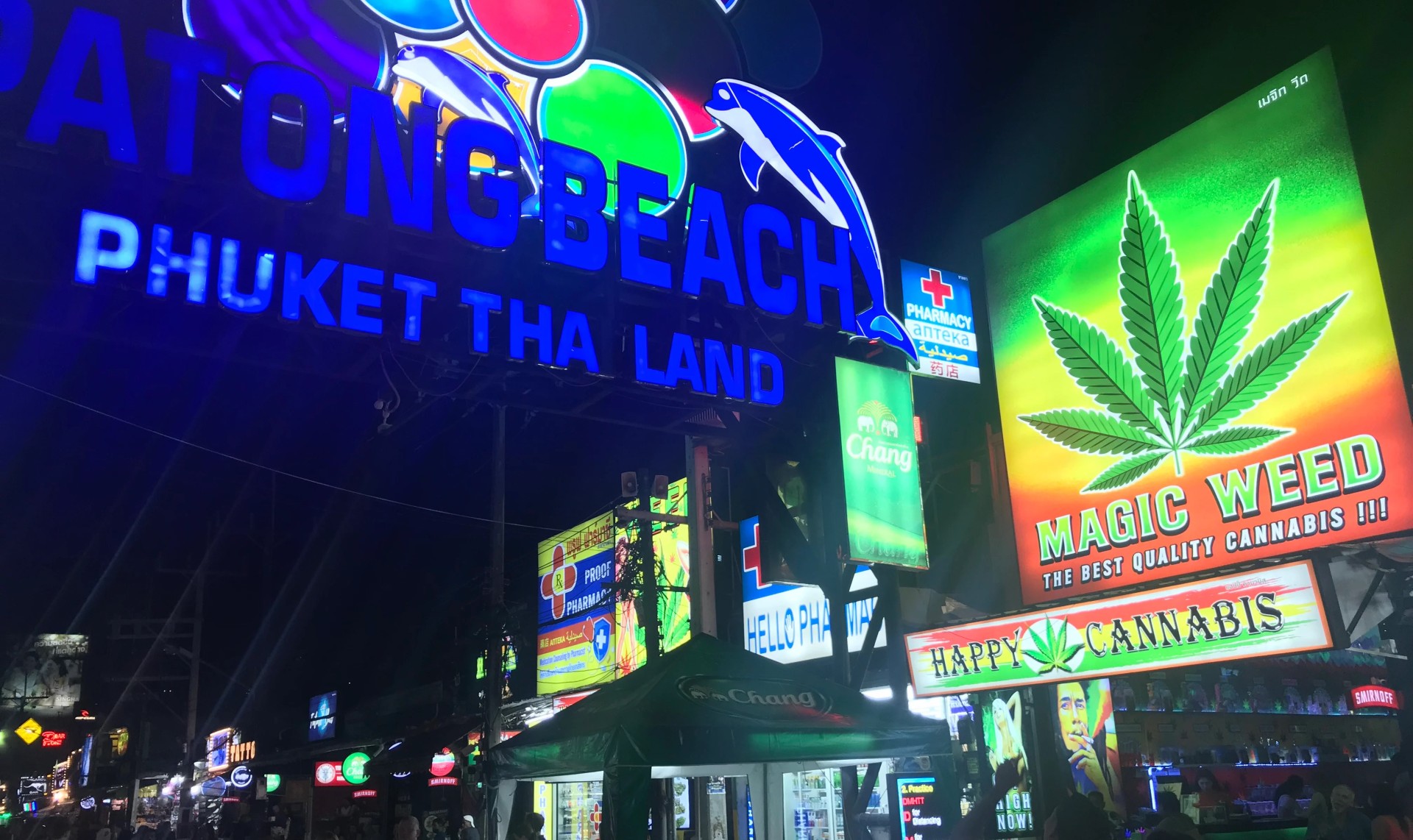Malaysia’s northern neighbour has had a back-and-forth relationship with cannabis over the last two years, and it appears to show few signs of stabilising any time soon.
According to new reporting from Reuters and CNA, Thailand is moving towards legislation which would legalise marijuana for medical use, marking a shift from plans to re-criminalise the plant, Deputy Prime Minister Anutin Charnvirakul announced on Tuesday (July 23). This signals yet another change in the country’s evolving stance on cannabis.
In 2022, Thailand became one of the first countries in Asia to decriminalise marijuana. However, this was done without a governing law or clear regulations to curb its recreational use, leading to a surge in cannabis cafés and retailers, which in turn fuelled public concern over its widespread recreational use.
Deputy Prime Minister Anutin Charnvirakul, whose party was pivotal in advocating for marijuana liberalisation, confirmed that Prime Minister Srettha Thavisin has now agreed that legislating cannabis use is the right approach. “I thank the prime minister for considering this matter and deciding on issuing an act,” Anutin said.

The government has consistently maintained that recreational use of cannabis is not permitted. Prime Minister Srettha, from a different political party, had previously indicated plans to re-criminalise recreational use while allowing medical and research applications. “It will be a matter of law and debated in parliament where there is already a draft law,” said Prommin Lertsuridej, the prime minister’s secretary-general. “Whether it is a narcotic or not is up to parliament.”
A draft marijuana law was submitted under the previous administration, but the parliament was dissolved before it could be voted on. It remains uncertain if steps will be taken to clamp down on recreational use, which Srettha has supported.
Thailand’s domestic marijuana retail sector has grown rapidly and is projected to be worth up to $1.2 billion by 2025. Anutin’s Bhumjaithai Party, the second-largest in the ruling coalition, supports marijuana for health and economic benefits, but opposes its re-criminalisation.
Nattabhorn Buamahakul, managing partner at government affairs consultancy Vero Advocacy, noted the latest development shows improved coordination between government parties on the cannabis issue. “The policy reversal reflects greater alignment between the coalition parties when compared to last year when the government was formed,” Nattabhorn said.
Far from Thailand, marijuana has been legalised for medical and recreational use in a number of US states for years, led by Colorado (January 2014) and Oregon (July 2015). The data accumulated over years suggests that while there are some minor challenges and areas of concern, the overall impact of legalising recreational marijuana in US states has been more positive than negative, taking into account crime rates, public health, and economic benefits. The key issues often revolve around regulation, public health education, and effective law enforcement strategies to mitigate short-term problems.

















